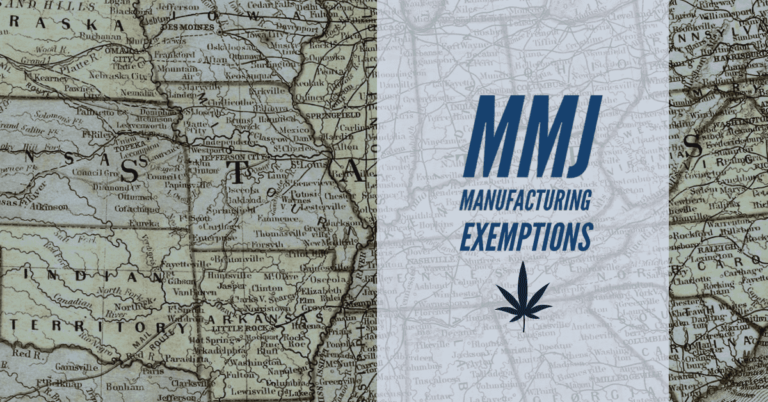Starting a business is an exciting and challenging endeavor, but it’s important to keep taxes in mind.
Whether you’re just getting started or already up and running, understanding the tax implications can help you save money and avoid headaches down the road.
The way you handle some of your startup expenses for tax purposes can make a big difference in your tax bill.
Generally, expenses incurred before a business begins don’t generate any deductions or other current tax benefits. However, startup expenses are another story.
Write Off Startup Expenses
Some business startup costs can be deducted in your first year of business, while most must be spread out over several years.
Corporations or partnerships are permitted to write off $5,000 of startup expenses in the year business begins.
Startup costs not written off are then deducted over a period of 180 months, beginning with the month business begins operations.
Startup expenses can include:
- Investigating the creation or acquisition of a business
- Creating the business
- Engaging in a for-profit activity in anticipation of that activity becoming an active business.
To be eligible for the election, an expense also must be one that would be deductible if it were incurred after the business began.
Startup Expense Example
An example of a startup expense is the cost of analyzing the potential market for a new product.
If the business is unsuccessful in obtaining the requisite licensing or decides to abandon the new business prior to beginning operations, a corporation may deduct the expenses as a business loss in the year of abandonment.
As you can see, it’s important to keep a record of these startup and organization expenses to ensure you receive favorable tax treatment.
Take Advantage of Tax Deductions
In conclusion, reducing your tax bill on new business startup costs can be a significant advantage for any entrepreneur. As you’ve seen, some startup expenses can be deducted in your first year of business, while others must be spread out over several years.
By keeping careful records of these expenses and understanding the tax implications, you can take advantage of deductions and reduce your tax liability.
Whether you’re investigating the creation or acquisition of a business, creating the business, or engaging in a for-profit activity in anticipation of that activity becoming an active business, there are ways to make sure you’re getting the most out of your startup expenses.
So, as you embark on your new business venture, be sure to keep taxes in mind and take advantage of the opportunities available to you. With careful planning and attention to detail, you can reduce your tax bill and keep more of your hard-earned money in your pocket.
More Information
If you have questions, contact us to discuss your situation.
To check out our other articles on business topics, click here.

Debra Annis
Debra Annis brings 40+ years of experience in accounting and tax. She helps clients overcome obstacles with cash flow, planning, stability and growth. She enjoys working with clients to find solutions that achieve their plans and avoid paying unnecessary tax.
About Smith Patrick CPAs
Smith Patrick CPAs is a boutique, St. Louis-based, CPA firm dedicated to providing personal guidance on taxes, investment advice and financial service to forward-thinking businesses and financially active individuals. For over 30 years, our firm has focused on providing excellent service to business owners and high-net worth families across the country. Investment Advisory Services are offered through Wealth Management, LLC, a Registered Investment Advisor.





